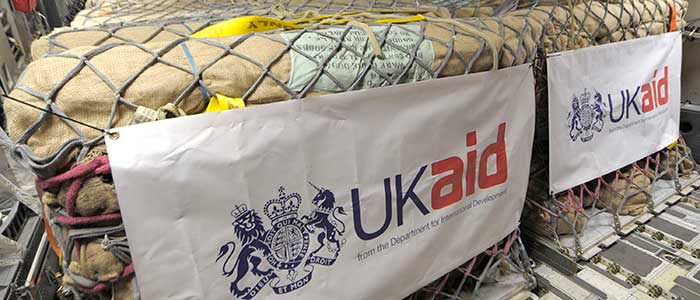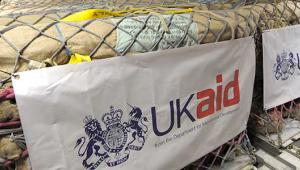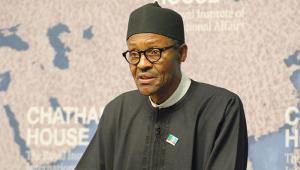The Department for International Development introduced a draft bill earlier this month proposing to scale up the official limit on funds given to the CDC Group from £1.5bn to £6bn, with potential for the international development secretary to raise that to £12bn with parliamentary approval.
If the limit on support for the CDC had been that high last year, it would have represented almost half of the entire official aid budget (£12.2bn).
The plans have triggered further concern about the “ideological” change of course taken by DFID under the leadership of new international development secretary Priti Patel, who was appointed in the summer and had long been a vocal critic of UK aid spending.
Nick Dearden, director of Global Justice Now, said it was “simply astounding” that the UK government plans to increase its funding to the CDC given the fact it has been accused of prioritising returns over development impact and pouring public money into tax havens and luxury projects.
“From a luxury housing and shopping complex in Kenya, to gated communities in El Salvador, the CDC has an appalling record of funding developments in the global south that make a mockery of any notion of aid money going to help vulnerable communities that lack access to basic resources,” said Dearden.
In 2014, NGO Eurodad found that more than two-thirds of the investments made by the CDC were channelled through private equity funds in some of the world’s most notorious tax havens, including the Cayman Islands and Mauritius.
CDC’s 2015 accounts show a plethora of holdings in both locations, as well as numerous others renown for financial secrecy including Guernsey, Barbados, Singapore and Luxembourg.
Far from being focused on the world’s poorest countries, the CDC’s top five recipient countries, which represent 56% of its portfolio, include India, China and South Africa, according to last year’s accounts.
Dearden said the draft bill is evidence that DFID is increasingly committed to a “highly financialised, highly unequal, highly ideological form of ‘development’ that helps big business and not ordinary people”.
UK aid could be used to strengthen public services, civil society and democratic and accountable institutions rather than “corporate pork barrel projects” or “companies profiting from poverty”, he added.
The UK government has also been criticised for channelling so much money towards a handful of UK-based private sector firms like Adam Smith International.
Patel has said that under her leadership UK aid will be more private sector-focused, more grounded in trade deals and more directed towards serving the British national interest.
Her remarks have sparked criticism from NGOs and MPs, such as the Labour Party’s Stephen Doughty, who has also spoken out against increased investments in the CDC.
Continuing efforts to gut @DFID_UK by stealth @roxley @patel4witham pushing through another huge diversion of funds https://t.co/OLIuIUi1ga pic.twitter.com/uQVbWRVTey
— Stephen Doughty (@SDoughtyMP) 22 November 2016
Patel has also called for greater transparency and scrutiny of the aid budget, which seems to contradict her moves to increasingly work through the more opaque CDC, where it can be unclear how money has been spent.
It also goes against the UK’s attempts to position itself as a leader in the fight against tax avoidance and evasion around the world, as well as undermining DFID’s efforts to help developing countries counter these issues.
The UK’s Independent Commission for Aid Impact gave DFID a poor score for its work in this area earlier this year. However speaking in front of the UK’s International Development Select Committee today, representatives from Revenue and Customs and DFID outlined the ways in which DFID is committed to improving its work with developing countries on tax avoidance and evasion.
In a statement, the CDC pointed to the need to mobilise the private sector to fill the funding gap that threatens the achievement of the Sustainable Development Goals.
A DFID spokeswoman described the bill as an “essential step” to creating jobs, boosting growth and helping people lift themselves out of poverty and leave “aid dependency behind” in Africa and South Asia.
“The level of financial support that can be provided to the CDC was met 17 years ago and now has been reached. The limits set in the bill do not commit us to increases in financial support. We will only invest in CDC when it is needed to meet demand, achieve value for money and continue delivering life-changing results and clear development impact.”














